Happening This Week: Get Out and Enjoy the Perseids!
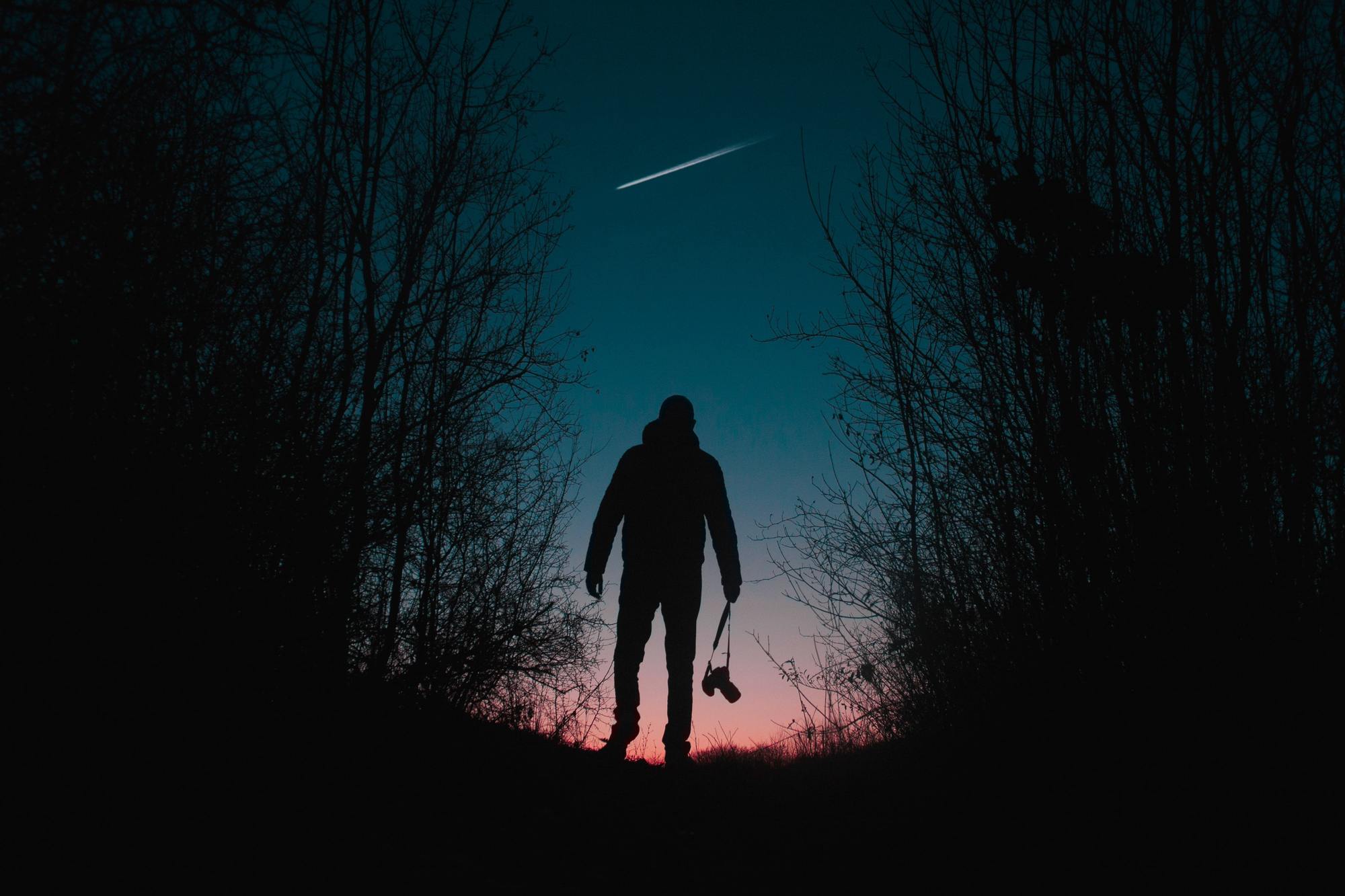
Stargazing is a hobby that comes with a bit of a learning curve. It requires real intellectual engagement, specialized (and expensive) equipment, and a lot of free time when the sky is dark. So its understandable that only the truly dedicated might get into it in a meaningful way.
Or…is it? Because looking at the stars at night is one of the cheapest, oldest, and most egalitarian hobbies that's out there. Because the sky belongs to everyone, and people have been marveling at it for a very long time.
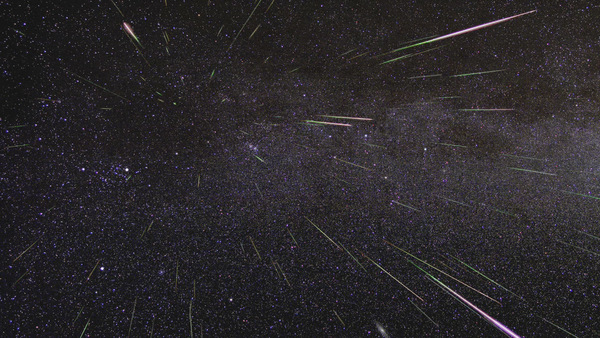
Of course, there is the question of where to start, and what is there to see? To get a real view of anything in detail, of the sort that professional images or the pictures in National Geographic, you would need at least a serviceable telescope. But there is more to see than simply finding the rings of Saturn. So a better place to start is learning the major constellations, some of the most important stars, the movement of the planets, and the way the sky “works” from a star-gazers point of view. Once you can find Orion and the big and little dippers, try to find some of the other constellations: Libra, Cancer, and Perseus and Cassiopeia.
These last two are crucial if you decide to take a nightly gander out of doors in the next few weeks, because the most exciting yearly sky-spectacles is about to flourish in the late Summer night: the Perseid meteor shower. When it comes to stargazing, finding precise star locations or learning how to find the planets is hearty food. A meteor shower is dessert. And the Perseids are a chance to see them in abundance.
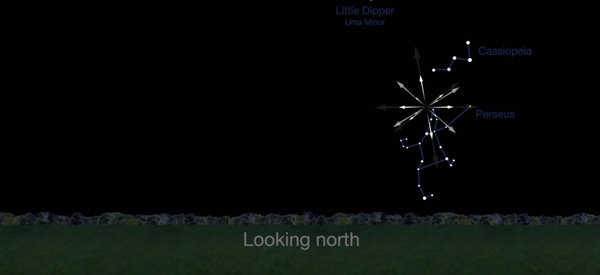
The Perseids happen every year in the late Summer, and this year they will crescendo in frequency and have their most extravagant showing on August 11th and 12th. These meteors result from the comet Swift-Tuttle that yearly leaves a mess of debris in its wake that the Earth runs into around this time of year. So, honestly, its like the Solar System is throwing a party just for you! (Learn even more about the Perseids here)
Now, to be clear, this “shower” is more like a heightened frequency of shooting stars and other atmospheric fireballs. So it's not like you show up at a date and time and the whole sky lights up. You have to be patient and wait to see what unfolds above you. But if you can find a perfectly dark spot and you can take in as much of the sky as possible while unfocusing your gaze so that you see as much of the stars as possible. You'll see some extraordinary things.
A few final notes that will help you get started with some star gazing and ready to enjoy the Perseids.
First, avoid the light! The worst thing for seeing the stars up there are lights down here. So you want to find a secluded place outside of urban areas, and in your immediate vicinity you want there to be as little light as possible. If you are a hiker or camper, you'll likely know all kinds of spots like this. But if you aren't try to find parks, fields or other areas that don't have any obstructions around (like trees or mountains) and as little light as possible.
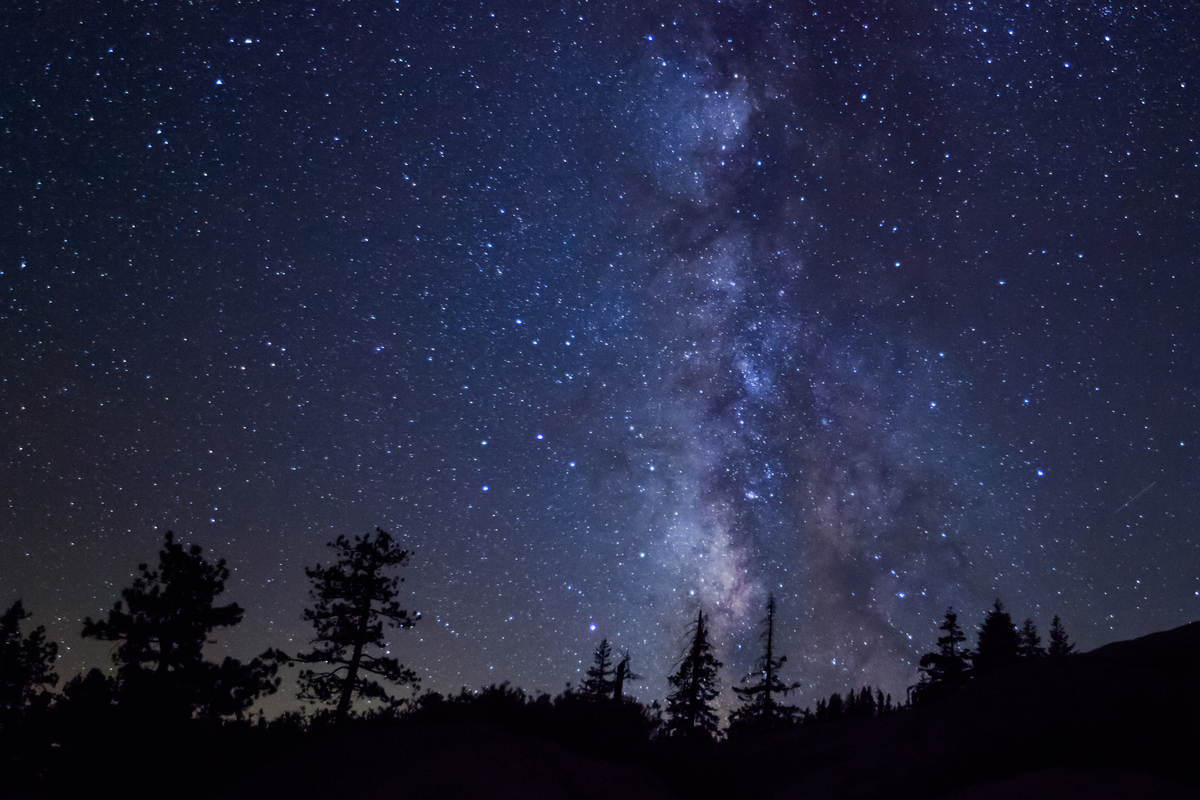
Second, learn something before you go. Don't just rely on your internet research skills and the (amazing and totally useful) Google Sky app. A great thing to do is to go to a show at your local planetarium and hear a star talk. These sessions are usually offered by professional astronomers who will use the planetarium's projector to guide you through the night's sky and prepare you for what's happening in the particular time and season you are in. This is a great way to learn something from an expert and become a semi-expert yourself. (Or impress a date with your knowledge of heavenly bodies. *wink wink*)
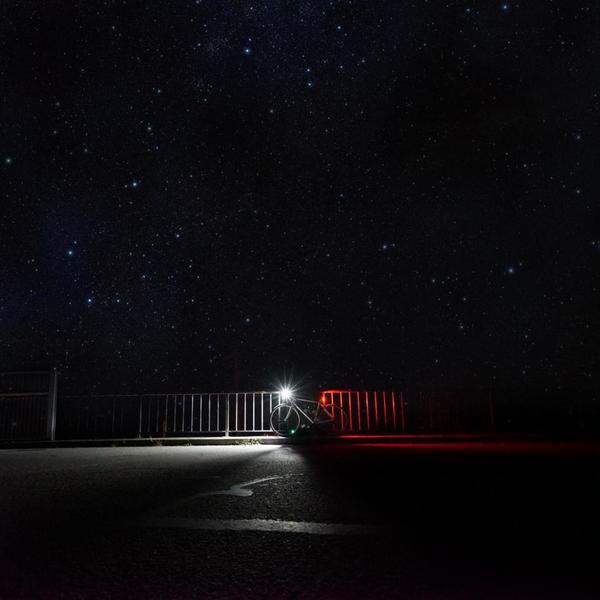
Third, beware of bugs! The same season that makes it easier to stargaze and brings us the amazing Perseids is a season in which ticks and mosquitos thrive. And you don't want your child-like wonder to have you throw yourself down onto grass that is infested with ticks or saunter into a marshy area that is a cloud of mosquitos. So bring bug repellant and take seriously the risks they pose.
